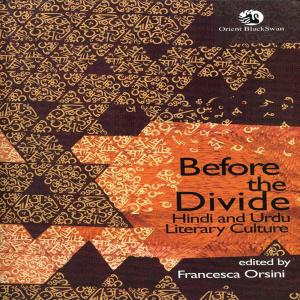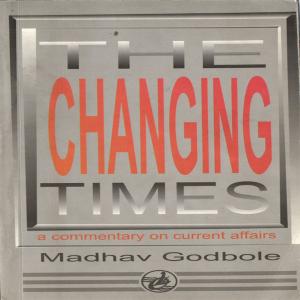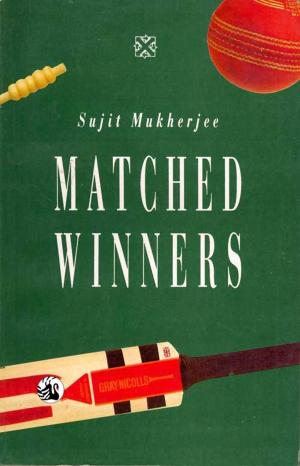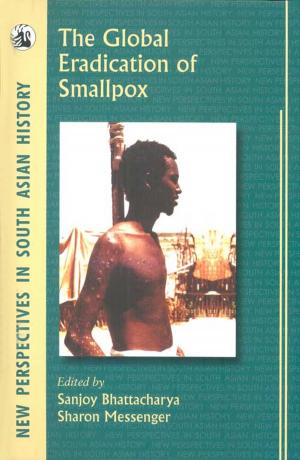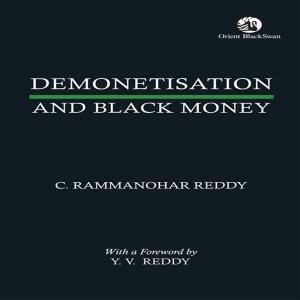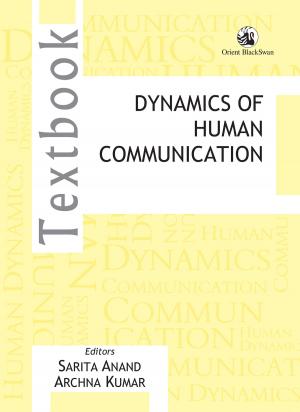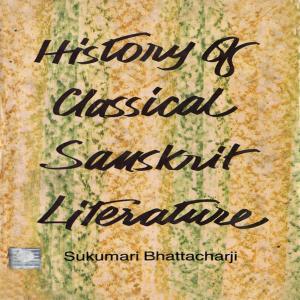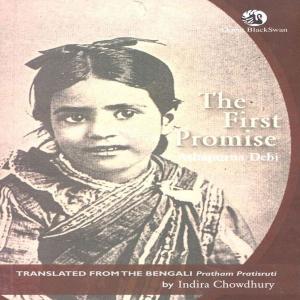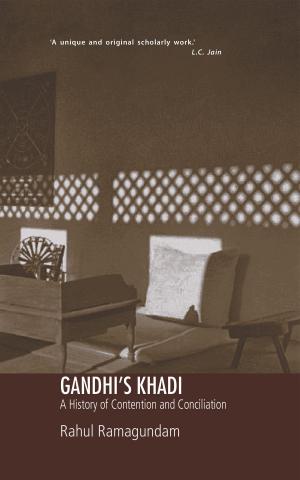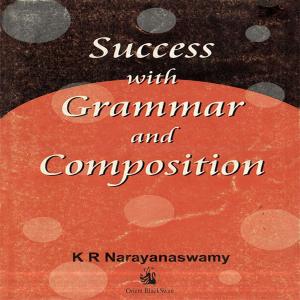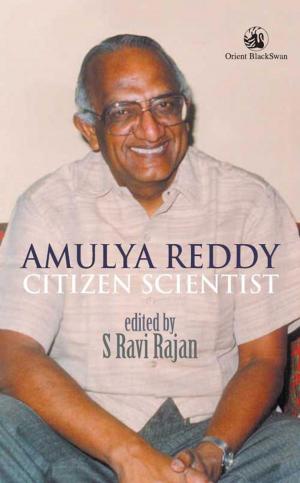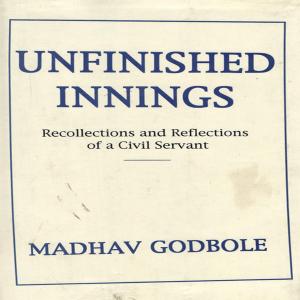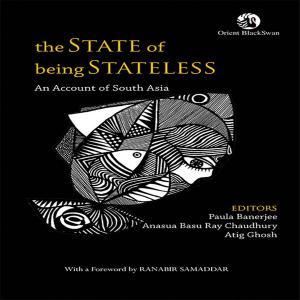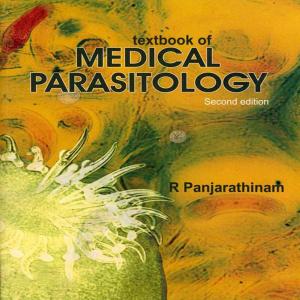| Author: | ISBN: | 9788125059134 | |
| Publisher: | Orient Blackswan Private Limited | Publication: | December 15, 2009 |
| Imprint: | Language: | English |
| Author: | |
| ISBN: | 9788125059134 |
| Publisher: | Orient Blackswan Private Limited |
| Publication: | December 15, 2009 |
| Imprint: | |
| Language: | English |
Selected Works of C. Rajagopalachari, Vol. 2, 192122, is part of a series of ten volumes that gather together the writings of Rajaji over the period 190772. The second volume covers a brief but significant phase in Rajaji’s political life, beginning with his arrest for participating in the non-cooperation movement in December 1921 and his imprisonment in Vellore Central Jail. Rajaji’s jail diary is published here with detailed annotations for the first time. By the time Rajaji was released from jail in March 1922, Mahatma Gandhi, by then his close associate, had been arrested and remanded to Yeravda Jail. The mantle of bringing out the nationalist weekly Young India fell on Rajaji’s shoulders. Through the columns of Young India,Rajaji kept alive Gandhiji’s message of non-violence and his emphasis on the importance of khaddar and the spinning wheel. Besides his various editorials and articles in Young India, the present volume also contains letters, speeches and other writings of Rajaji during these years. The volume ends with his spirited defence of the non-cooperation programme opposing council entry at the 37th Session of the Indian National Congress at Gaya in December 1922. Overall, the collection offers a close commentary on the non-cooperation movement and its aftermath.
Selected Works of C. Rajagopalachari, Vol. 2, 192122, is part of a series of ten volumes that gather together the writings of Rajaji over the period 190772. The second volume covers a brief but significant phase in Rajaji’s political life, beginning with his arrest for participating in the non-cooperation movement in December 1921 and his imprisonment in Vellore Central Jail. Rajaji’s jail diary is published here with detailed annotations for the first time. By the time Rajaji was released from jail in March 1922, Mahatma Gandhi, by then his close associate, had been arrested and remanded to Yeravda Jail. The mantle of bringing out the nationalist weekly Young India fell on Rajaji’s shoulders. Through the columns of Young India,Rajaji kept alive Gandhiji’s message of non-violence and his emphasis on the importance of khaddar and the spinning wheel. Besides his various editorials and articles in Young India, the present volume also contains letters, speeches and other writings of Rajaji during these years. The volume ends with his spirited defence of the non-cooperation programme opposing council entry at the 37th Session of the Indian National Congress at Gaya in December 1922. Overall, the collection offers a close commentary on the non-cooperation movement and its aftermath.

